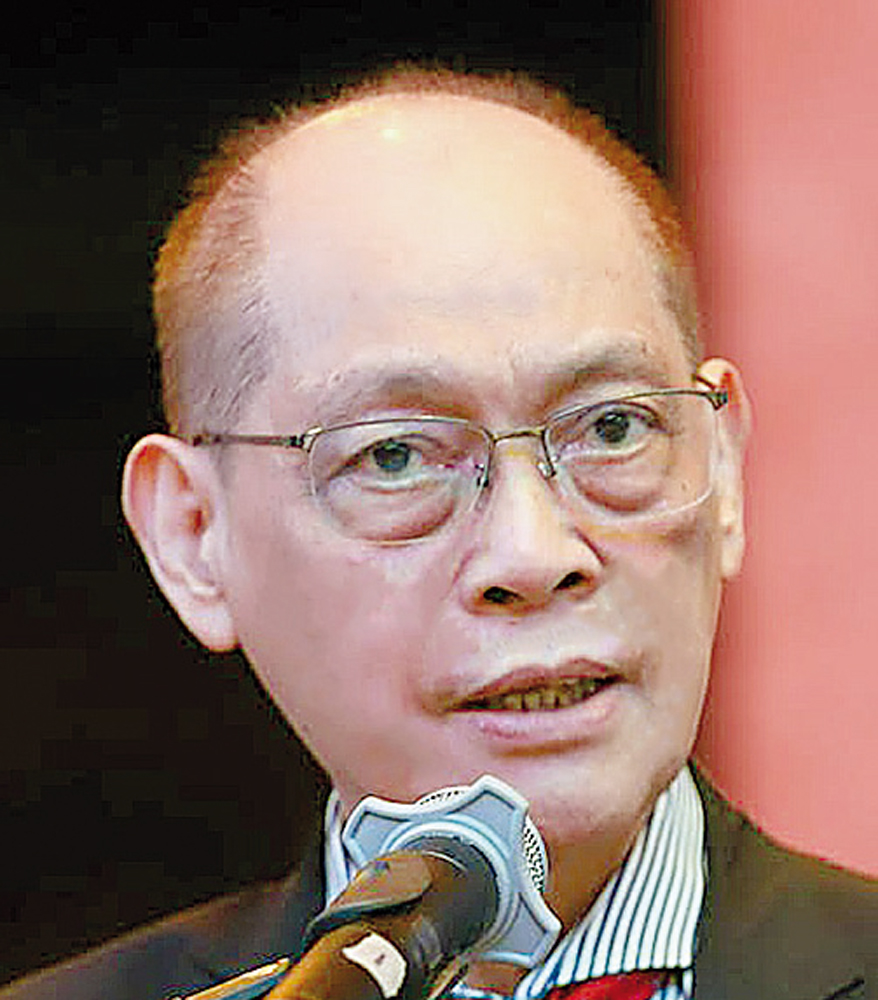Finance Secretary Benjamin Diokno said the Bangko Sentral ng Pilipinas (BSP) is likely to pause hiking rates after its 25 basis points (bps) hike last week.
Diokno said the central bank “has done enough” when it raised the overnight borrowing rate to 6.5 percent Thursday.
“It (BSP) has increased its benchmark interest rate by 425 bps from 200 bps last year. That’s the highest policy rate increase in this part of the world. The adjustment’s full impact has yet to be absorbed by the economy, considering that monetary policy works with a lag, oftentimes a long lag,” Diokno said.
“Meanwhile, BSP has increased the monthly interest rates on credit card transactions from 2 to 3 percent. Additionally, BSP has taken back the unprecedented policy move it has adopted during the pandemic, that is, treating bank lending to micro, small and medium enterprises as compliant to the reserve requirements,” Diokno added.
Diokno said the measure translates to 200 bps cut in reserve requirements.
“The implied cut has been restored,” he said, adding that the result is “lending, producer and consumer credits appear to have slowed down.”
“Authorities have done enough. And monetary policy is not the only game in town. Besides, as I mentioned earlier, monetary policy works with a long lag. At this juncture, I think non-monetary measures to ease inflation could address the problem more effectively. Indeed, such measures have been adopted by fiscal authorities. An all of government approach to win the fight against inflation has been adopted,” he said.
Diokno said these non-monetary measures were approved under the interagency price monitoring group chaired by the Department of Finance, with the National Economic and Development Authority as co-chair.
“Henceforth, the decision to import goods in short supply such as rice, meat, sugar and others will be science-based, rather than ad hoc. Meanwhile, world oil prices are declining and could fall below BSP’s benchmark levels,” Diokno added.
Diokno also said the peso remains stable, and is likely to appreciate, as the US dollar weakens and as overseas Filipino remittances, business process outsourcing receipts, tourism incomes and foreign direct investment inflows continue to expand.





